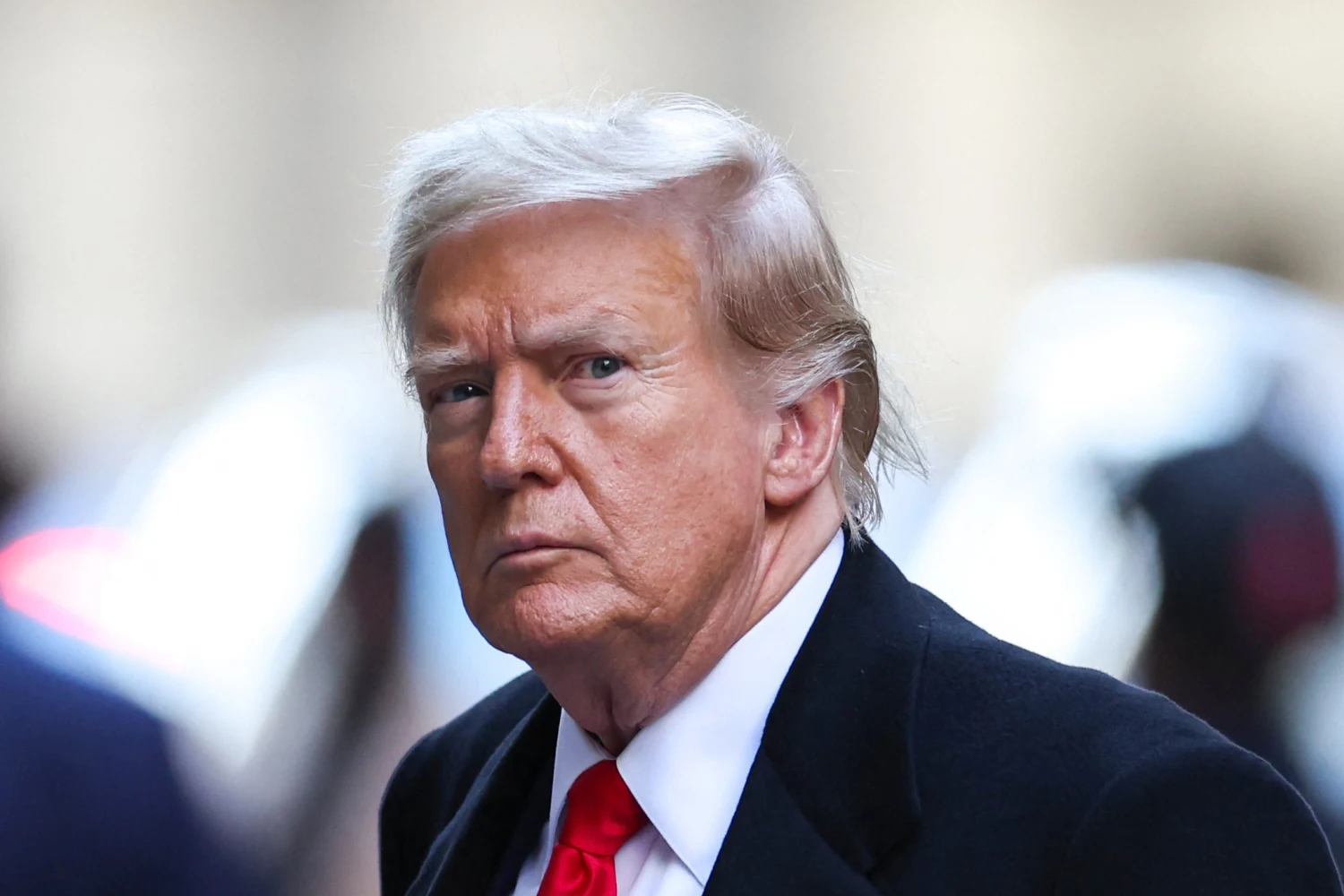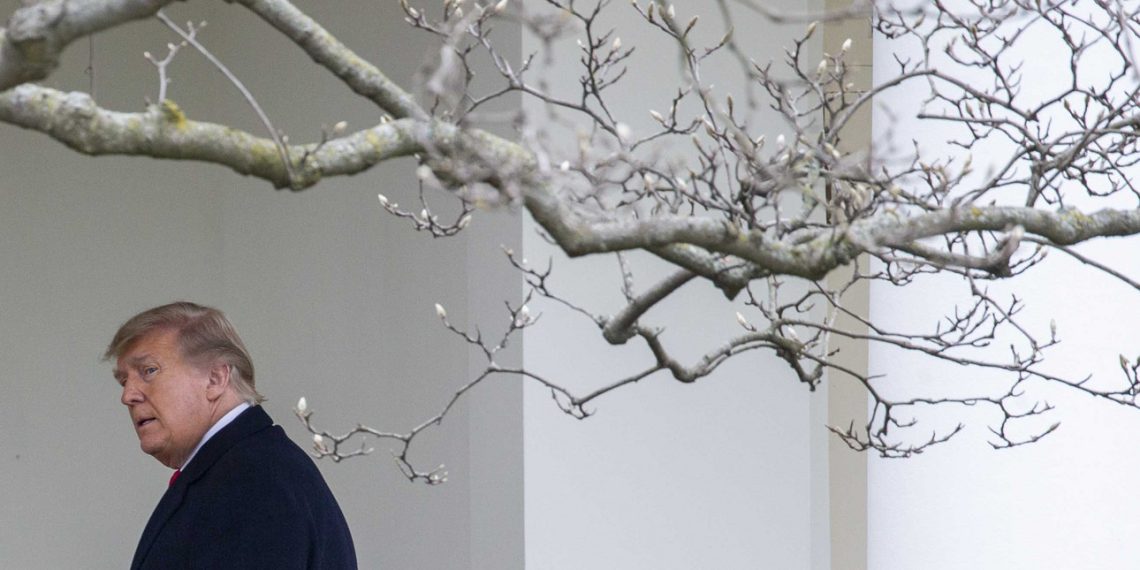Former President Donald Trump stirred controversy by suggesting he might not accept the results of the 2024 election in Wisconsin, a critical battleground state.
In an interview with the Milwaukee Journal Sentinel, Trump expressed skepticism about the election’s legitimacy, stating he would contest the outcome if he deemed it unfair while affirming acceptance under honest circumstances.
Trump’s remarks echo his earlier comments to Time magazine, where he did not rule out the possibility of political unrest surrounding the election, contingent upon the fairness of the process.

His stance raises concerns about post-election turmoil and the potential rejection of election results, particularly in tightly contested states like Wisconsin.
Responding to Trump’s comments, President Joe Biden urged attentiveness to Trump’s statements, highlighting the significance of his words.
Trump reiterated baseless claims of victory in Wisconsin, despite losing the state to Biden by a narrow margin in 2020.
His campaign’s attempts to invalidate thousands of ballots were unsuccessful, further fueling tensions surrounding the state’s electoral integrity.
With Wisconsin poised as a significant battleground in the 2024 election, Trump’s refusal to commit to accepting the results amplifies anxieties about electoral legitimacy.
His campaign events in Wisconsin and Michigan underscore the intense competition expected in these key states.

Despite his assertions, Trump asserted a desire for an honest election outcome but reserved the right to challenge any perceived irregularities.
His remarks underscore the polarizing nature of American politics, where doubts about electoral fairness persist, potentially undermining public trust in the democratic process.
As the election approaches, concerns mount over the potential ramifications of Trump’s refusal to accept election results, with implications for the stability and credibility of the electoral process.





